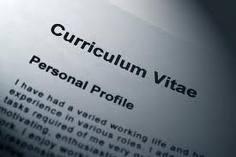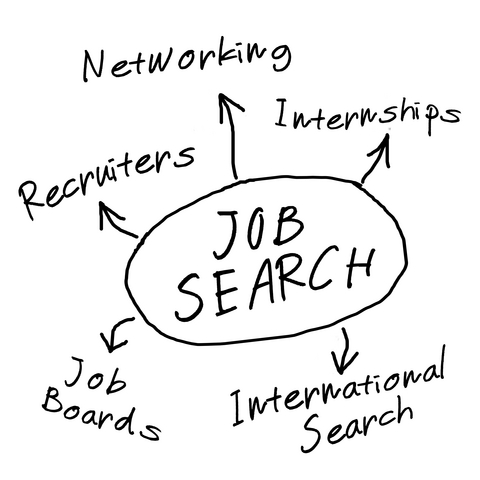10 CV Tips for creating a perfect CV
1. Use a CV writing service.
View your CV as an investment, if you can afford it you should consult with a professional CV writing service.
A professional service should be able to target your CV to a specific industry and job role, a targeted CV worded to catch the employer’s attention will significantly reduce the time it takes to find employment.
If you can’t afford a full CV writing service, templates for targeted CVs are included in the Secrets of Employment E-book.
2. Have your CV appraised for free.
A CV appraisal is normally a free service and can be a good opportunity to test out different companies’ services.
When sending your CV for a review ensure that you explain what job role your CV is being used to apply for. Once you receive the appraisal, don’t be afraid to ask any additional questions about their comments or suggestions.
3. CVs should be a maximum of two pages.
A little bit of information that is often told but not always adhered to! Most employers only spend 30 seconds skimming through your CV looking for certain criteria, having a CV that is 4 pages long makes this job more difficult.
Keep your CV brief and to the point, remember the CV is designed to gain you an interview. It is during the interview that you can recount the nitty-gritty details of your vast employment history.
4. Break up the CV text.
Employers can receive up to 300 applications for every advertised job – an arduous task for the most committed recruiter! Using Headings, Shadings, Bold, Bullet Points to break up the CV text, making it easier for the employer to read or “skim” through.
5. Use Font size 11 or 12.
A simple but often overlooked detail – The text has to be easy to read, employers can spend all day reading CV’s – let’s make it easy for them! If you’re struggling to fit the text on one or two pages, use font size 11 but no less. Avoid the use of unusual fonts – Arial is simple and easy to read.
6. Target your CV.
You need to have a targeted CV; a targeted CV is a CV written for a particular industry, job position and company. You may like to save a generic CV which can then be edited for specific roles using job specifications and company information.
7. Always send a Covering Letter.
Candidates may spend hours on their CV only to undo all their good work by neglecting to enclose with it a Covering Letter. Research undertaken by Employment King indicates that many companies will not even read CVs that are received without a Covering Letter. Some CV writing services offer free Covering Letter letter templates with every CV.
8. CV text should be concise and to the point.
An easy mistake to be made with CVs is the temptation to include masses of information, CVs are more difficult to reduce than they are to increase.
Everything you have undertaken in your working life is a selling point, on the CV you need to intrigue the employer, leave them wanting to know more. Include around 3 bullet points for each job and start by recording the duties you did that are needed for this new role.
9. Match your skills.
Once you have applied to a job advert, most employers will send you a job specification. Read the job specification and highlight the “Essential Criteria” these are the main skills the employers is seeking.
These criteria must be visible in your CV or you shall not secure an interview. It goes without saying, a record that you have these skills on your CV, this way you have nearly guaranteed yourself an interview.
10. Feedback.
Remember – there is no failure, only feedback.
If your CV does not secure you interviews, you need to change it either yourself or through a CV review service such as that provided by Employment King.
You should not be afraid to ask employers for feedback, this is considered to be a standard part of the application process and can stand you in good stead for future applications and how you can make yourself even more employable.




